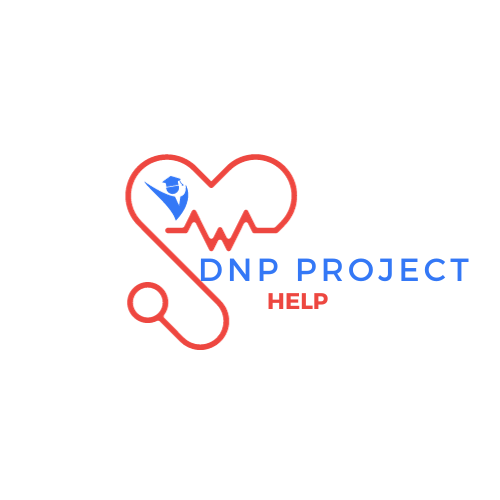
DNPC 625 Epidemiology: Foundations of Evidence-Based Practice
This class is all about using numbers and data to understand and solve health issues. We’ll learn how to use math and science to figure out what causes health problems and how to fix them. We’ll look at different patterns and trends to see what’s going on. Just so you know, you’ll need at least a B- to pass this class.
Here are some key areas DNPC 625 likely covers:
- Core Epidemiological Concepts: Understanding fundamental concepts like measures of disease frequency (incidence, prevalence), transmission modes, and determinants of health (biological, social, environmental).
- Epidemiologic Methods: Exploring different research designs used in epidemiology, such as case-control studies, cohort studies, and randomized controlled trials (RCTs). This equips students to understand the strengths and limitations of each approach.
- Data Analysis and Interpretation: The course emphasizes developing skills to analyze epidemiological data using biostatistical techniques. This allows students to identify trends and relationships between factors and health outcomes.
- Application to Nursing Practice: Learning how to utilize epidemiological data to identify health risks in their patient populations, develop targeted interventions, and evaluate the effectiveness of healthcare programs.
By completing DNPC 625, students gain valuable skills for:
- Identifying Public Health Issues: Using epidemiological principles to recognize patterns of disease in communities and identify areas for public health interventions.
- Developing Evidence-Based Programs: Applying epidemiological data to design and implement effective healthcare programs that address the specific needs of a population.
- Evaluating Program Effectiveness: Utilizing biostatistical techniques to assess the impact of healthcare programs on population health outcomes.


